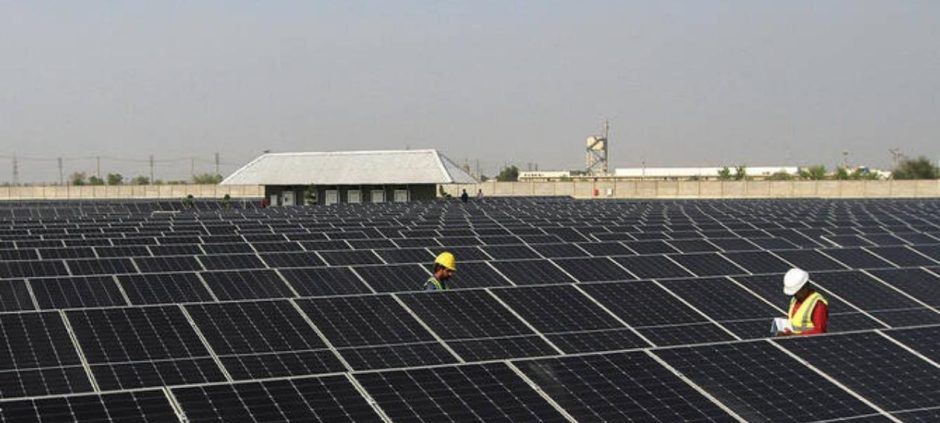Pakistan is at risk of losing a $300 million Solar Agreement with the World Bank after the government dropped a key renewable energy project. The 300-megawatt floating solar power plant at Tarbela–Ghazi was excluded from the country’s 2025–2035 power plan, effectively canceling what experts called a game-changing initiative.
Despite years of studies, bidding, and contractor selection, the project was shelved because the Water and Power Development Authority (WAPDA) failed to secure ministerial backing. The Solar Agreement had promised to bring Pakistan among the leading countries in clean energy adoption.
The floating plant offered one of the lowest tariffs in the region, at just 2.98 cents per unit. This made it cheaper than nearly 120 existing thermal units. Experts said the project could have paid for itself within five years and saved $72 million annually in foreign exchange.
Strategically placed at Tarbela and Ghazi Barotha, the solar project would not have needed new transmission lines. This reduced costs and avoided delays. It also offered water conservation benefits by cutting reservoir evaporation, a growing concern as Pakistan faces water stress and disputes under the Indus Waters Treaty.
The World Bank supported the Solar Agreement under concessional terms and viewed it as a major step toward renewable transition. But cancelling the project means Pakistan lost not only funding but also credibility with global donors.
Experts warn that Pakistan has missed a chance to modernize its energy mix and reduce consumer power costs. The Solar Agreement could have phased out old thermal plants while supporting climate goals.
Instead, the decision highlights policy delays and short-term planning in Pakistan’s energy sector. As other nations expand renewables, Pakistan risks falling behind, losing investment opportunities, and weakening its renewable energy future.
In other related news also read Pakistan’s Power Distribution Privatization Plan Faces Delay











